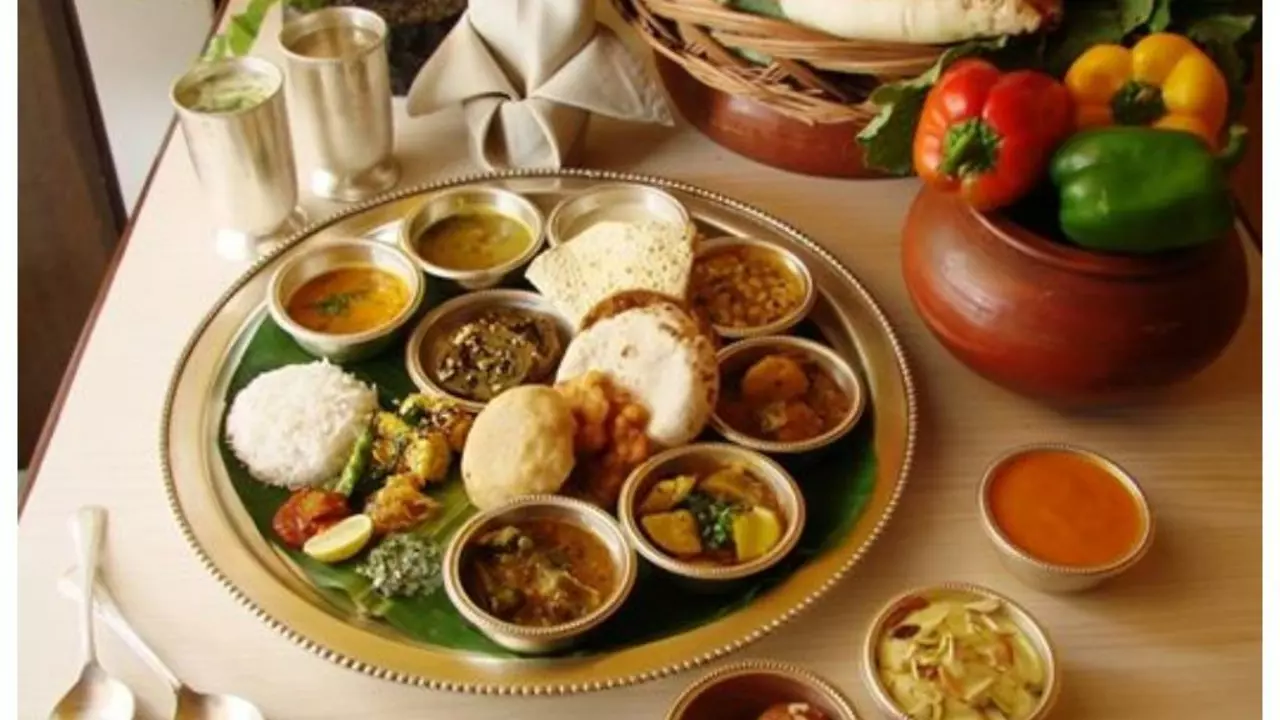Understanding Vegetarianism and Indian Cuisine
Being a vegetarian is a choice that is deeply rooted in my Indian culture. The rich Indian cuisine offers a plethora of vegetarian options that are not just healthy but also flavorful and diverse. The spices, the herbs, the vegetables, and the grains that we use in our Indian dishes are not just food, they are a part of who we are, our identity. The colorful curries, lentil soups, flatbreads, and rice dishes are more than just meals, they are a celebration of our rich Indian culture.
Arriving in South Korea as a Vegetarian Indian
When I first set foot in South Korea, I was filled with excitement and a sense of adventure. However, as a vegetarian Indian, I was also a bit apprehensive about the food situation. I had heard a lot about Korean cuisine, but most of it revolved around meat and seafood. I was unsure about how I, a vegetarian, would survive in a land known for its barbecued meats and seafood stews.
Initial Challenges and Adaptations
The first few weeks were indeed quite challenging. Finding vegetarian options in restaurants was not as easy as I had hoped. Most Korean dishes had some form of animal protein in them, even the ones that seemed vegetarian at first glance. However, I soon realized that with a little bit of effort and creativity, I could still enjoy Korean cuisine while staying true to my vegetarian lifestyle.
Discovering Vegetarian-friendly Korean Dishes
With time, I discovered a host of Korean dishes that were vegetarian-friendly. Dishes like Bibimbap, a mixed rice dish with vegetables, and Japchae, a sweet potato noodle dish with veggies, became my go-to meals. I also enjoyed the variety of Kimchi, a Korean staple made from fermented vegetables. Although, I had to make sure it was made without any fish sauce, a common ingredient in traditional Kimchi recipes.
Finding Vegetarian Ingredients and Cooking at Home
One of the best things about living in South Korea was the availability of fresh vegetables and grains. I started cooking more at home, experimenting with Korean spices and ingredients. I found out that tofu, mushrooms, and a variety of greens were widely used in Korean cooking, which helped me recreate my favorite Indian dishes with a Korean twist.
Embracing the Korean Food Culture
In spite of the initial challenges, I found myself falling in love with Korean food culture. The communal eating, the side dishes, the importance of freshness and seasonality in Korean cooking, all resonated with me. I felt a sense of belonging at the local food markets, sharing recipes with my Korean neighbors, and enjoying homemade meals with them.
The Journey of a Vegetarian Indian in South Korea
My journey as a vegetarian Indian in South Korea has been a rewarding one. It taught me the importance of adaptability and resilience. It showed me that food is not just about sustenance, it's about culture, community, and identity. And most importantly, it reaffirmed my belief that being a vegetarian is not a limitation but a celebration of life and its diverse flavors.

